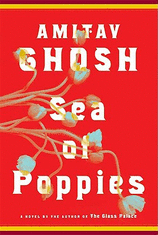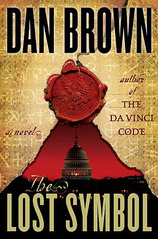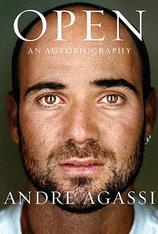 Sheila Kohler was born in Johannesburg, South Africa. She later lived in Paris for fifteen years, where she married, completed her undergraduate degree in Literature at the Sorbonne, and a graduate degree in Psychology at the Institut Catholique. She moved to the U.S. in 1981 and earned an MFA in Writing at Columbia. She currently teaches at Princeton University. Her work has been featured in the New York Times, O Magazine and included in the Best American Short Stories. She has twice won an O’Henry Prize, as well as an Open Fiction Award, a Willa Cather Prize, and a Smart Family Foundation Prize. Her novel Cracks was nominated for an Impac Award, and has been made into a feature film to be distributed by IFC.
Sheila Kohler was born in Johannesburg, South Africa. She later lived in Paris for fifteen years, where she married, completed her undergraduate degree in Literature at the Sorbonne, and a graduate degree in Psychology at the Institut Catholique. She moved to the U.S. in 1981 and earned an MFA in Writing at Columbia. She currently teaches at Princeton University. Her work has been featured in the New York Times, O Magazine and included in the Best American Short Stories. She has twice won an O’Henry Prize, as well as an Open Fiction Award, a Willa Cather Prize, and a Smart Family Foundation Prize. Her novel Cracks was nominated for an Impac Award, and has been made into a feature film to be distributed by IFC.Becoming Jane Eyre, her 10th book, is new in booktores.
A few days ago I asked her what she was reading. Her reply:
I recently read J.M. Coetzee's Summertime. It is such a remarkably honest and very funny book, a sort of faux-memoir which at the same time contains a great dealVisit Sheila Kohler's website.of truth. Coetzee writes of himself in the third person (he is supposed to be dead in this book) and a biographer interviews five people, four of them women who tell him about the writer, Coetzee. Their comments are often remarkably unflattering, but contain, we sense, in a wonderfully playful and imaginative way, some truth. Through these comments, too, I think we understand some of Coetzee's great books like Disgrace better. This is the third book in the trilogy of Memoir the first two books being Boyhood and Youth and I enjoyed all three volumes immensely always for their daring honesty, their humour, and their structural brilliance.
--Marshal Zeringue




















































